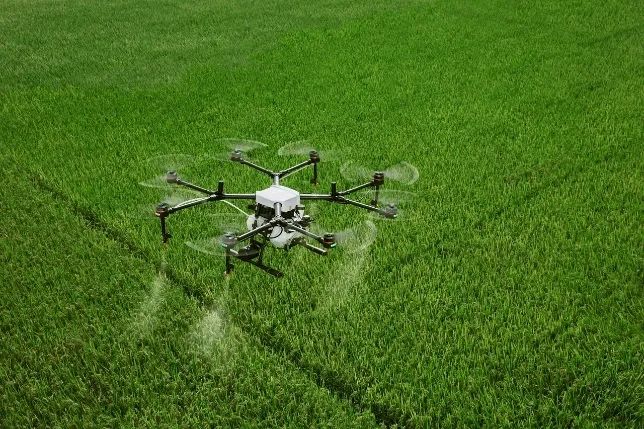Agricultural drones have emerged as a game-changer in modern farming practices. These unmanned aerial vehicles are revolutionizing the way we cultivate crops and manage farms. Their applications range from field surveys and crop spraying to pest and disease monitoring. The adoption of agricultural drones is not only boosting productivity but also alleviating the labor burden on farmers.
To begin with, agricultural drones are invaluable for field surveys. Equipped with high-resolution cameras and sensors, they can capture detailed aerial imagery of farmlands. This data allows farmers to assess the health of their crops, identify areas of concern, and make informed decisions regarding irrigation, fertilization, and pest control. These surveys provide a level of precision and efficiency that was previously unimaginable.
Moreover, drones are transforming crop spraying operations. Traditional methods of applying pesticides and fertilizers often involve tractors or manual labor, which can be time-consuming and imprecise. Agricultural drones, on the other hand, offer a targeted approach. They can fly low over the fields and deliver chemicals with precision, reducing wastage and minimizing environmental impact. This not only saves resources but also contributes to sustainable farming practices.
Additionally, drones are employed for pest and disease monitoring. By regularly scanning the fields from above, drones can detect signs of infestations or diseases at an early stage. Farmers can then take prompt action to mitigate the damage, whether through targeted pesticide application or crop rotation. This proactive approach can significantly increase crop yields and reduce losses.
In conclusion, agricultural drones are reshaping the agricultural landscape. Their versatility and efficiency make them indispensable tools for modern farmers. As technology continues to advance, we can expect even more innovative applications for these remarkable machines, further optimizing agricultural processes and ensuring food security for the future.







Please sign in to comment
register